A six-month road pricing trial conducted in the city of Eindhoven, which was designed to help the Dutch government deal with traffic congestion, saw 70% of drivers changing their behavior to avoid rush-hour travel.
Key to drivers changing their normal routine was being presented with the right incentives and, according to NXP Semiconductors which conducted the trial with IBM, demonstrates that road pricing systems can have a positive effect on driving habits and help alleviate congestion.
“The test has vastly exceeded our expectations,” said Maurice Geraets, senior director at NXP Semiconductors.
“Together, NXP and IBM have logged more than 300,000 test kilometers as part of the trial and the complete system has proven to be highly reliable.
“The technology is ready to charge car owners fairly for the use of the car based on road type, time of day and the environmental characteristics of the car, and to give effective feedback to drivers to influence their behavior – helping them save money and make more efficient, greener driving choices on a daily basis.
“Further, the Eindhoven trial has demonstrated that our technology is ready for implementation in any large-scale traffic management program.”
Key findings of the trial included:
• 70% of drivers improved their driving behavior by avoiding rush-hour traffic and using highways instead of local roads.
• On average, these drivers in the trial saw an improvement of more than 16% in average cost per kilometer.
• A clear system of incentives is critical to changing driving behaviour.
• Instant feedback provided via an on-board unit display on the price of the road chosen and total charges for the trip is essential to maximizing the change in behavior.
The Netherlands will be introducing a new road-use charge starting in 2012 for trucks and lorries, and 2013 for passenger cars. It is expected to be up and running nationwide by 2016.






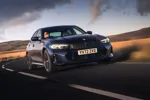
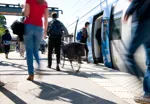
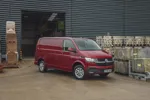


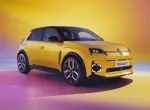
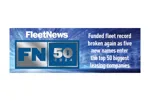



Login to comment
Comments
No comments have been made yet.